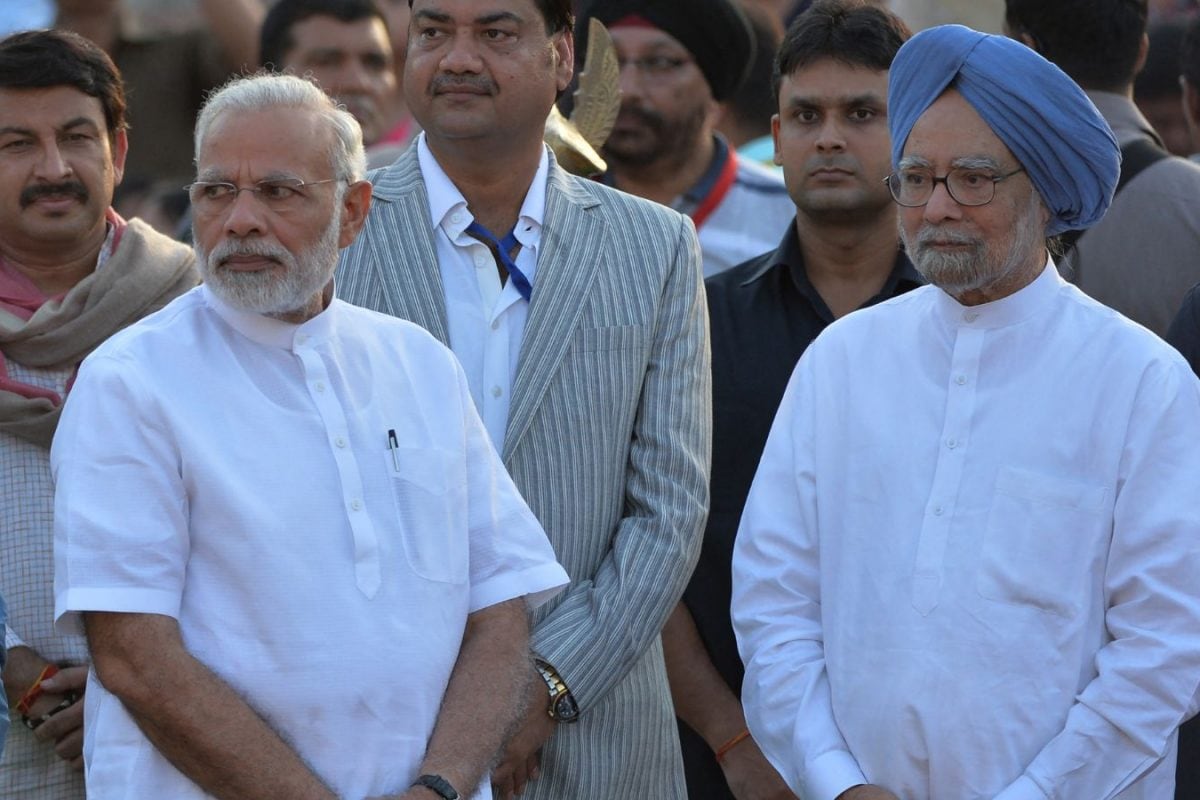

The political arena is witnessing a heated exchange between the Bharatiya Janata Party (BJP) and the Congress over claims of surgical strikes conducted during the United Progressive Alliance (UPA) regime. This comes in the wake of Congress leader Shashi Tharoor's remarks seemingly praising the Modi government's approach to cross-border strikes, which the BJP is now using to its advantage, while simultaneously causing turmoil within the Congress party.
The crux of the issue lies in Tharoor's statement made in Panama, where he lauded the Modi government for conducting the first surgical strike across the Line of Control (LoC) in 2016, following the Uri attack. This remark has been interpreted by some as an endorsement of the BJP's narrative and a departure from the Congress's stance that similar operations were carried out during the UPA's tenure but were not publicized.
In response to Tharoor's comments, several Congress leaders have reminded him of the surgical strikes undertaken during the UPA government, with some even suggesting that the BJP should appoint him as their spokesperson. Congress leaders, including Pawan Khera, have shared excerpts from Tharoor's own book, "The Paradoxical Prime Minister," where he criticized the BJP for allegedly exploiting the 2016 surgical strikes for electoral gains, a move seen as subtly critiquing Tharoor's recent remarks.
Adding fuel to the fire, the BJP has seized upon Tharoor's statement, with some leaders citing an official response from the Army's Director General of Military Operations (DGMO) confirming that there were no records of any surgical strikes before September 29, 2016. This has further widened the rift within the Congress, with the BJP accusing the party of attacking its own MP for speaking the truth.
The Congress, however, maintains its position that multiple surgical strikes were conducted during the UPA regime, asserting that the party never politicized military operations for electoral gains. In 2019, the Congress released a list of six alleged surgical strikes carried out during the UPA rule, while criticizing the BJP for politicizing the armed forces.
The BJP has dismissed these claims as "fraudulent and farcical," reiterating that the UPA never allowed the armed forces to act decisively against terrorists. Some BJP leaders have pointed to instances where the UPA government allegedly denied permission for airstrikes across the LoC following the 2008 Mumbai terror attacks.
This ongoing political slugfest highlights the contrasting narratives surrounding national security and military operations between the two major political parties. The BJP has consistently emphasized its firm stance against terrorism and its willingness to take decisive action, while the Congress has accused the ruling party of politicizing military achievements for electoral gains. The controversy surrounding Tharoor's remarks has not only exposed the internal divisions within the Congress but has also provided the BJP with an opportunity to further its narrative on national security and highlight what it perceives as the Congress's inconsistent stance on the issue.
As the political rhetoric intensifies, the focus remains on whether the Congress can reconcile its internal differences and present a unified front on matters of national security, and whether the BJP can effectively leverage this controversy to further consolidate its position as the party best equipped to safeguard the nation's interests. The coming days are likely to witness further exchanges and clarifications as both parties attempt to shape the narrative to their advantage.